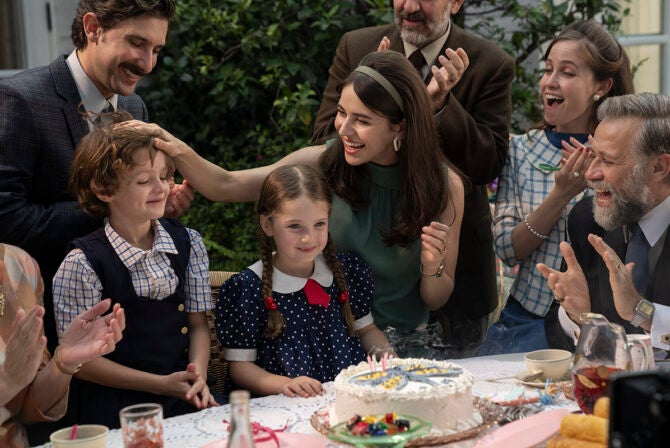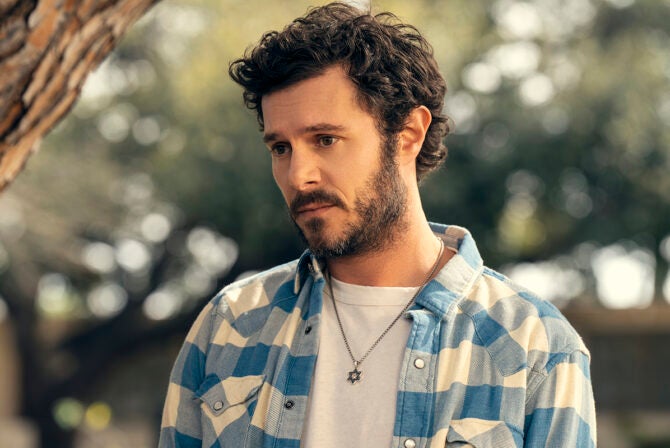I’m standing in a puddle of water, dripping wet, trying to wrap a towel around myself as the balanit (mikveh lady) who has just declared me kosher lets out a stream of blessings, most of which I don’t catch. Of course, I hear the one for “basorot tovot”—good tidings—which I take to mean, “Yallah, a baby already!”
Going to the mikveh month after month when you are trying, and failing, for a baby gets harder and more wearying as each period shows up right on schedule.
The first time I went following our decision to actively start trying for a baby was meaningful and exciting. This is it, I thought to myself in anticipation. It’s the last time for a long time I’ll have to go through the rigmarole of preparation. It’s the last time for the foreseeable future I’ll have to dash out at night hoping not to bump into anyone and—most importantly—it’s the last time for ages I’ll have to stand naked in front of a complete stranger as I perform this most intimate of rituals.
Of course, it wasn’t.
The following month we journeyed far from Jerusalem to our honeymoon in South Africa. This time, there were no post-dip blessings, and the experience of shedding my clothes in front of yet another stranger was sugarcoated by the Sally Williams nougat given to me by the kind Johannesburg mikveh lady as I left the building.
As the months and then years went by, there was no more nougat, and the sweetness of expectation dulled into mundaneness and routine as my period returned time and again (with the exception of one too exciting mikveh outing that coincided with a rocket attack on Jerusalem).
What remained constant, however, were the well-meaning but somewhat-prying mikveh ladies looking me over, checking me for stray hairs and questioning my cleaning routine before I stepped down into the deep waters of the mikveh.
Some of them would take my towel and hold it up, providing me with a modesty screen. They would try to give me privacy as I descended the stairs. Others were less careful and did not do all they could to lend comfort to my nakedness.
Visiting the mikveh month after month and going through a ritual that became more and more meaningless and hollow to me as time went on was incredibly hard. Having a mikveh lady looming large over me while I did it made it even worse.
All that is about to change due to the Israeli Chief Rabbinate’s agreeing to make the presence of the balaniot optional following a petition from Itim (a group helping people navigate the religious bureaucracy in Israel).
Knowing that nobody will be watching me, I hope my mikveh-going will metamorphosize from something prescribed and formulaic—and something that has to be endured—into a more spiritual and meaningful practice.
I will be able to take responsibility for fulfilling the commandment and will no longer feel like a piece of meat being declared kosher. I’ll be able to take my time descending and ascending the stairs that lead into the ritual waters, without someone gazing upon me. I’ll be able to cry and to sing and to make this mitzvah truly my own.
The next time I go the mikveh, I’ll say the traditional prayer, but I’ll also say “Shehecheyanu, vekiyamanu vehigianu la zman ha zeh – Blessed are you, Source of all life, who has kept us alive and sustained us and enabled us to reach this day,” and no one will answer Amen.
Read More:
Postpartum Anxiety is Nearly 3 Times More Common Than Postpartum Depression
The Israeli Poem About Motherhood That Went Viral
The Beautiful Meaning Behind My Daughter’s Nontraditional Bat Mitzvah







